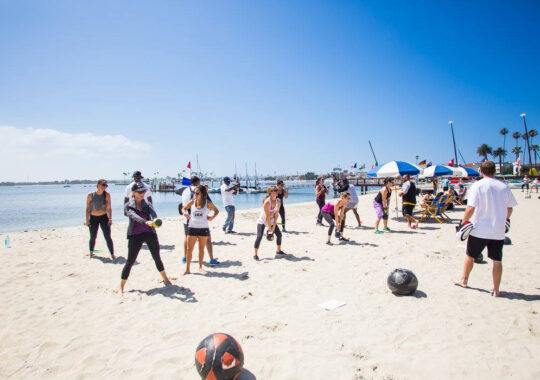There are risks in everything you do. If we didn’t take risks then we’d never leave our beds! Sometimes the moment takes us and we think, “Right! Today, I’m going to do something completely different!” A scuba diving holiday trip could be the trip of a lifetime, but if you don’t do it safely you could end up with memories you don’t really want.
Planning is integral when you’re incorporating a sport into your break and when it’s something as exotic as scuba diving you simply must make plans. Whether you’re experienced or not you are likely to need specialist diving insurance as most health insurance policies won’t cover this activity. You may need to talk to a specialist firm such as Dive Master Insurance, who because they insure divers all the time will know exactly what you need, whether you’re a novice or experienced diver.
Needing dive insurance doesn’t mean it’s inevitable that the worst is going to happen. It simply means there is cover in place if it does. As the old saying goes, better to be safe than sorry – or uninsured.
Diving Preparation
So the paperwork out of the way, you’ve made it to your dive destination and you’re ready to (quite literally) take the plunge. But before you enter the sea it is important to practice diving in a confined space, usually a monitored water tank, and under the supervision of a trainer. They will be able to assess your confidence and abilities and decide whether you’re ready for the open water.
To make sure you enjoy your scuba diving trip safely, equipment you use should be fully tested and no trainer should let you enter the water without tested equipment. It never hurts to double check. Ensure you know how to fit the equipment and if you don’t get the trainer or their technician to help out.
If you’re diving with friends or family, pick a buddy who you’ll team up with and discuss contingency plans for an emergency. It may sound drastic but you don’t want to have to utilise that scuba diving insurance do you? Discuss oxygen sharing plans and then get ready to go.
Take the Dive
Once you’re underwater you’ll be able to exercise the practices you’ve already been taught. Don’t suck in more air than needed and simply breathe as you would on land. It’s very easy to stop exhaling under water out of habit but this can result in lung injuries and other common diving injuries. The scuba apparatus is supporting your breathing so simply breathe as normal and you’ll have no problems.
If you’re a beginner only shallow dives a recommended. Shallow dive are any dive up to 100 feet and they minimise the chance of you running out of oxygen and not being able to get to the surface. Deep dives are reserved for the professionals as you need to be confident you can monitor your oxygen consumption and come up in time.
A New Passion
Diving can be the experience of a lifetime, especially if it’s part of an exotic holiday or your first break away for a long time. Making the most of the experience and exercising caution at the same time means you’ll enjoy every second of it, and once you complete your dive you’ll be raring to go again.
Each dive you enjoy can be marked down as another learning experience and if you have discovered a new passion then there are plenty of UK centres for enjoying indoor scuba experiences. It won’t offer quite the same buzz, but it will still be great fun!





